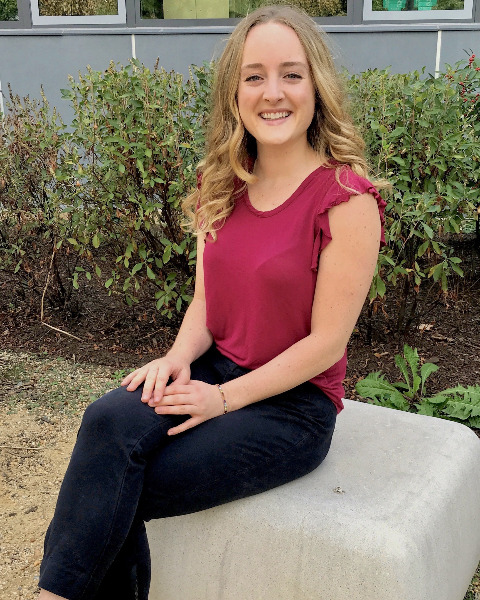ADHD - Child
Alcohol Use Motivations of College Students with Attention Deficit/Hyperactivity Disorder (ADHD): A Qualitative Analysis
(PS11-B27) Alcohol Use Motivations of College Students with Attention Deficit/hyperactivity Disorder (ADHD): A Qualitative Analysis
- NZ
Nicole Zolli, B.A., M.A.
Student
University of Illinois at Chicago
Chicago, Illinois - JL
Julia A. Lejeune, B.A.
Graduate Student in Clinical Psychology
University of Illinois at Chicago
CHICAGO, Illinois - MM
Michael C. Meinzer, Ph.D.
Assistant Professor
University of Illinois at Chicago
Chicago, Illinois 
Lauren E. Oddo, M.S.
Graduate Student
University of Maryland- College Park
College Park, Maryland
John M. Vasko, M.S.
Graduate Student
University of Wyoming
LARAMIE, Wyoming
Andrea M. Chronis-Tuscano, Ph.D.
Professor
University of Maryland- College Park
College Park, Maryland
Author(s)
Co-Author(s)
Introduction: Although college students with ADHD are exceptionally vulnerable to developing substance abuse problems, discussion on their motivations for alcohol use is largely absent from the literature. Given the considerable risk and actual harm of alcohol-related problems in this population (e.g., interpersonal difficulties, poor academic achievement, criminal offending), it is essential that motivations behind alcohol use are examined to inform clinical practice.
Method: The semi-structured qualitative interviews of 17 college students with ADHD were analyzed using cross-case, thematic analysis. The current analysis is of secondary data, as the interviews were originally conducted as part of a substance abuse intervention where participants completed a decisional balance in the context of motivational interviewing. Using the qualitative data analysis software, NVivo, two coders double-coded three interviews and obtained a Kappa coefficient of 89.7% before independently coding the remaining interviews. An inductive approach was taken to data analysis, allowing themes to emerge from the data set rather than be influenced by previous research.
Results: Themes related to the motivating and demotivating aspects of alcohol use emerged. Participants described the social benefits, sensory enhancing attributes and anxiety reducing qualities of alcohol as motivations to drink. The socially derived benefits of alcohol use (i.e., appearing cool) arose across almost all cases. Alcohol’s capacity to enhance sensory experiences was described as valuable for making activities fun and interesting. Participants used alcohol to reduce anxiety and increase feelings of calm, while simultaneously reducing distracting thoughts and increasing their focus on the present moment.
In contrast, participants expressed frustration at unpleasant psychological effects that can occur while intoxicated (i.e., dizziness) and after excessive alcohol intake (i.e., hangovers, memory loss). Difficulty functioning following periods of excessive drinking were especially upsetting for students. Participants reported negative emotions when they lost control over their behaviors (i.e., getting into physical and verbal arguments), feelings (i.e., amplification of negative mood), and thoughts (i.e., intrusive negative cognitions) while intoxicated. Finally, participants contrasted their initial desire to “fit in” with peers to current priorities (e.g., academics, financial responsibility, health goals).
Discussion: Providers should use results to inform interventions meant to decrease alcohol use in college students. To address students’ desires to make social connections and minimize feelings of social anxiety, interventions (e.g., behavioral activation) should engage them in alcohol-free activities that promote prosocial peer networking. Cognitive restructuring and progressive muscle relaxation may address a core motivation for alcohol use, increasing students’ ability to reduce anxiety without alcohol. Mindfulness techniques may facilitate focus and awareness of the present moment, allowing students to enhance their everyday sensory experiences in a way that is comparable to alcohol use.

